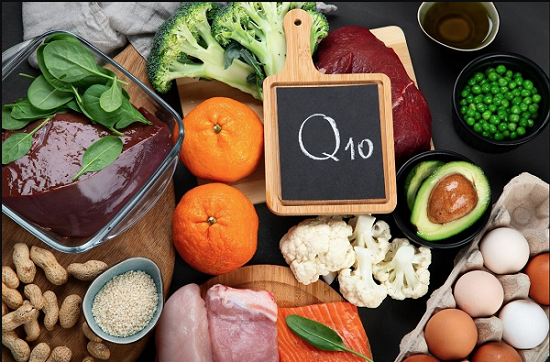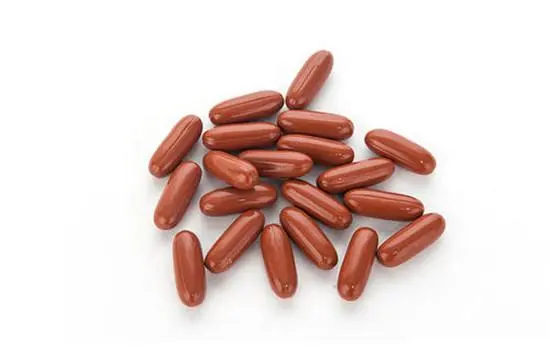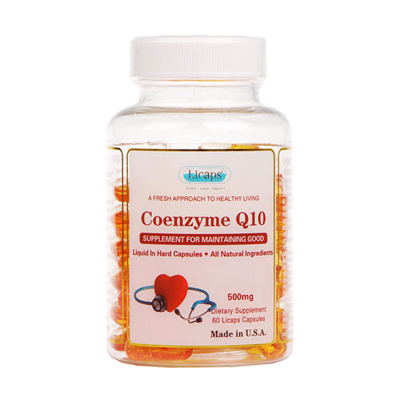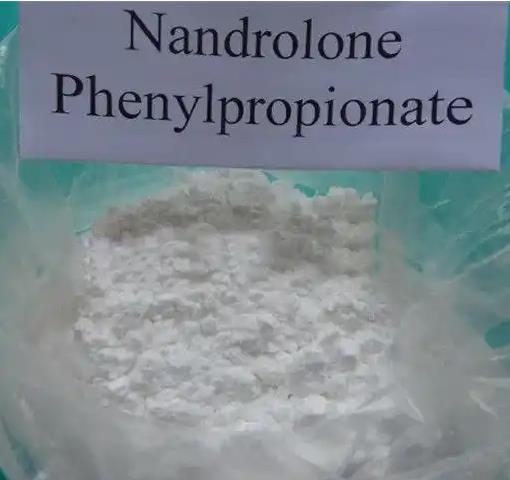What foods contain Coenzyme Q10?
Coenzyme Q-10 (CoQ-10 or Ubiquinone) is a naturally occurring quinone found in most aerobic organisms, from bacteria to mammals. It was first identified in 1940 and isolated from the mitochondria of the beef heart in 1957.
Coenzyme Q10 is essential for the metabolism but can be produced by the body. It is an important component of the mitochondria, which are responsible for the energy metabolism in the body’s cells. Coenzyme Q10 is involved in the electron transport in the mitochondria and, as an antioxidant, can protect cells from oxidative damage caused by so-called “free radicals”. Tissues with a high energy requirement, such as the heart, kidneys, liver and muscles, have particularly high levels of coenzyme Q10. Coenzyme Q10 is not an essential nutrient (to be supplied by food), as this substance is produced in sufficient quantities by a healthy body itself. In healthy individuals following a varied, balanced diet, a sufficient supply of coenzyme Q10 is guaranteed.
Primary dietary sources of CoQ10 include oily fish (such as salmon and tuna), organ meats (such as liver), and whole grains. Most individuals obtain sufficient CoQ10 through a balanced diet, but supplementation may be useful for individuals with particular health conditions. CoQ10 is available as a supplement in several forms, including soft gel capsules, oral spray, hard shell capsules, and tablets. A typical CoQ10 dosage is 30 to 90 mg per day, taken in divided doses, but the recommended amount can be as high as 200 mg per day. CoQ10 is fat-soluble, so it is better absorbed when taken with a meal that contains oil or fat. The clinical effect is not immediate and may take up to eight weeks. Side effects of CoQ10 may include diarrhoea and rash; the safety of Coq10 in pregnant or nursing women or children has not been established.
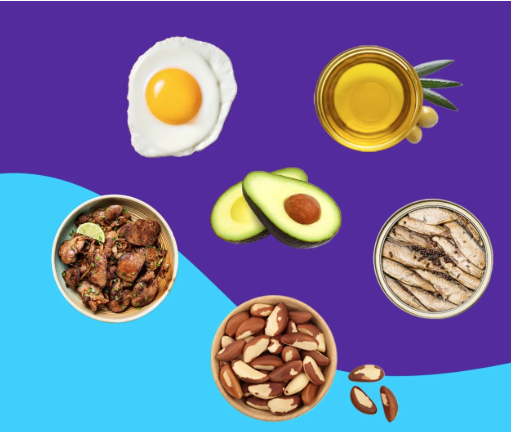
While you can easily consume CoQ10 as a supplement, you can also eat it in certain foods.
The following foods contain CoQ10Trusted Source:
Organ meats: heart, liver, and kidney
Some muscle meats: pork, beef, and chicken
Fatty fish: trout, herring, mackerel, and sardines
Legumes: soybeans, lentils, and peanuts
Nuts and seeds: sesame seeds and pistachios
Oils: soybean and canola oil
In addition to the foods listed above, some types of fruits, vegetables, dairy products, and cereals also contain CoQ10, though in much lower amounts.
You may like
Related articles And Qustion
Lastest Price from Coenzyme Q10 manufacturers

US $200.00/kg2025-12-16
- CAS:
- 303-98-0
- Min. Order:
- 1kg
- Purity:
- 99%
- Supply Ability:
- 20tons

US $0.00-0.00/KG2025-12-02
- CAS:
- 303-98-0
- Min. Order:
- 1KG
- Purity:
- 98
- Supply Ability:
- 10000KGS

